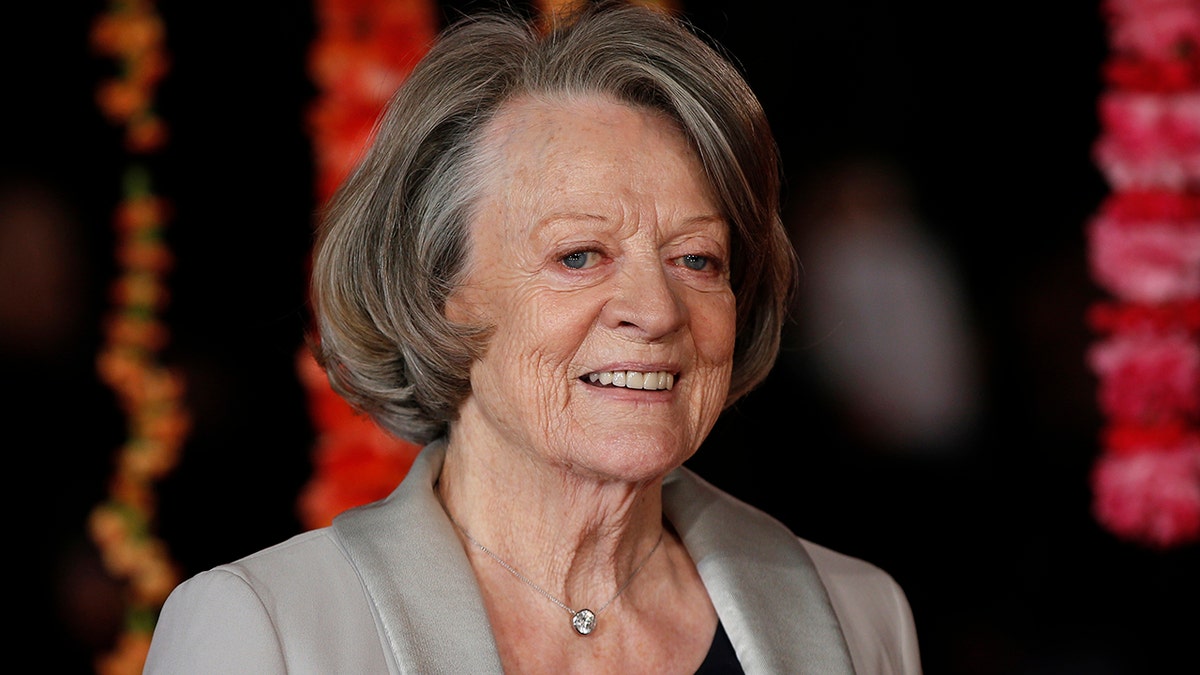
Introduction
In the twilight of her illustrious career, cinematic icon Maggie Smith embarks on a poignant journey of introspection in “For Dear Life,” an acclaimed documentary that delves into the complexities of life, loss, and the transformative power of memory.
A Personal Exploration of Human Mortality
Through candid interviews and intimate archival footage, “For Dear Life” offers a rare glimpse into Smith’s personal experiences with loss and grief. The documentary chronicles her journey of coping with the passing of her beloved husband and best friend, Robert Stephens, and the profound impact it has had on her life and work.
Smith’s reflections resonate deeply with audiences, reminding us of the universality of human mortality and the challenges we all face in navigating the inevitable losses that accompany life. Her vulnerability and honesty provide a powerful testament to the strength and resilience of the human spirit.
The Role of Memory in Shaping Our Lives
Beyond its exploration of loss, “For Dear Life” also highlights the profound significance of memory in shaping our lives. Smith shares her memories of cherished friends and family, recalling the richness and complexity of her relationships.
Psychologists agree on the transformative power of memory. By remembering our past experiences, we not only preserve our personal stories but also create a sense of continuity and meaning in our lives. Smith’s journey serves as a reminder of the importance of cherishing our memories and the people who have made them possible.
Perspectives on Loss and Bereavement
While “For Dear Life” primarily focuses on Smith’s personal experiences, it also engages with broader perspectives on loss and bereavement.
Psychologist David Kessler, author of the seminal book “On Grief and Grieving,” offers his insights on the grieving process, emphasizing the importance of embracing the pain of loss and allowing oneself to heal at one’s own pace.
Sociologist Judith Butler argues that grief is not merely an individual experience but also a social and political phenomenon, shaped by cultural norms and societal expectations.
By exploring these perspectives, “For Dear Life” encourages viewers to reflect on their own experiences of loss and consider the ways in which our understandings of grief are shaped by our personal and societal contexts.
The Power of Cinema and Storytelling
As an acclaimed actress, Smith is acutely aware of the role that cinema and storytelling can play in processing and communicating emotions. In “For Dear Life,” she shares her insights on the therapeutic value of performing and connecting with audiences through art.
Research has shown that storytelling can help us make sense of traumatic experiences, reduce stress, and promote emotional healing. By sharing her story through the medium of film, Smith not only commemorates the memory of her loved ones but also offers a powerful example of the transformative potential of art.
Conclusion
“For Dear Life” is a deeply moving and thought-provoking exploration of loss, resilience, and the power of memory. Through Maggie Smith’s personal journey and candid reflections, the documentary invites us to confront our own experiences of grief and celebrate the transformative nature of remembrance.
By engaging with diverse perspectives on loss and bereavement, the film fosters a greater understanding of the complexities of human emotion and the ways in which our lives are shaped by the memories of those we have loved and lost. Ultimately, “For Dear Life” serves as a reminder of the indomitable spirit of the human heart, capable of enduring loss and finding solace in the cherished memories that we carry with us.
